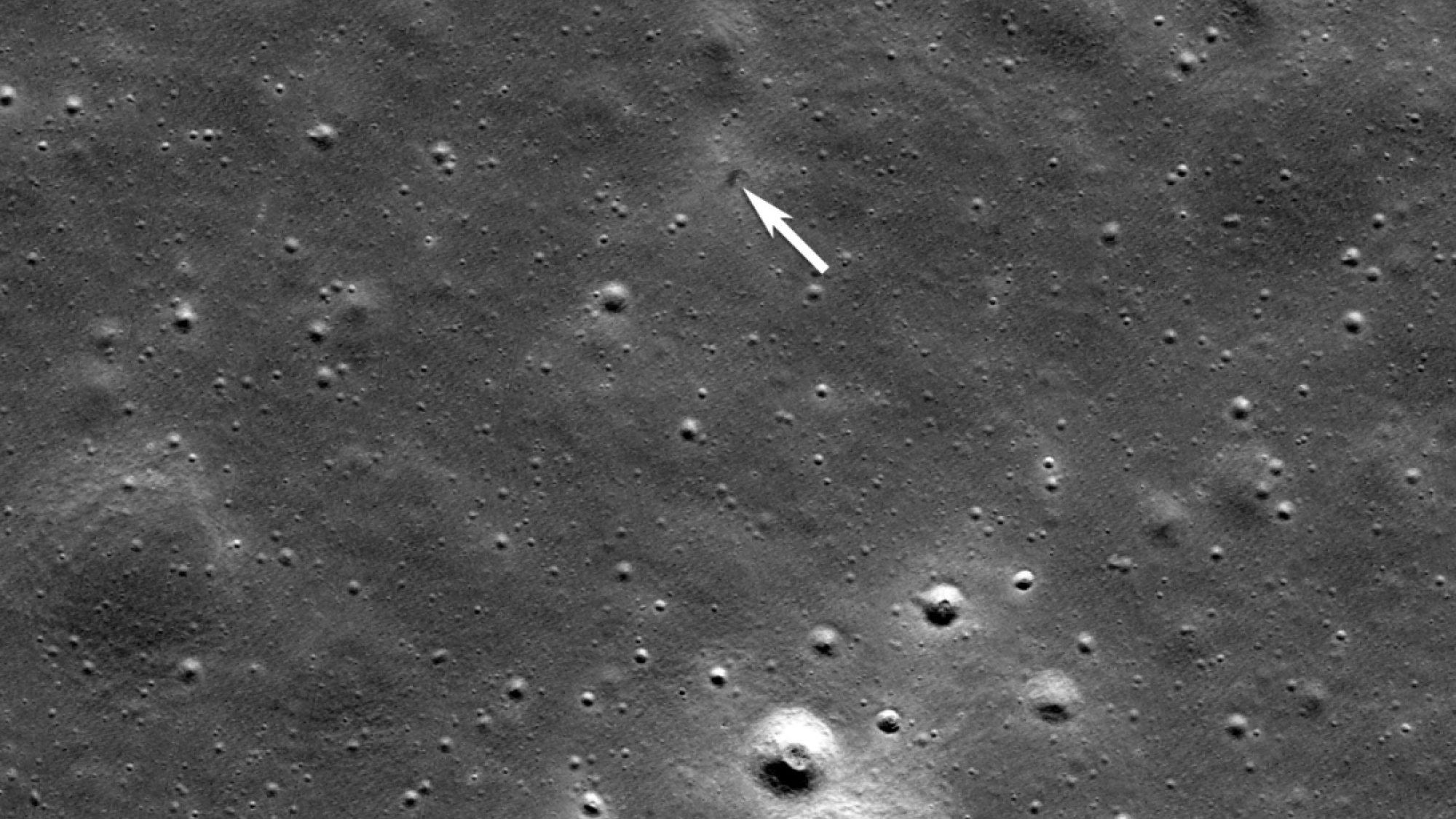The Orion Space Capsule: NASA's Next Spaceship (Photos)
Orion Space Capsule
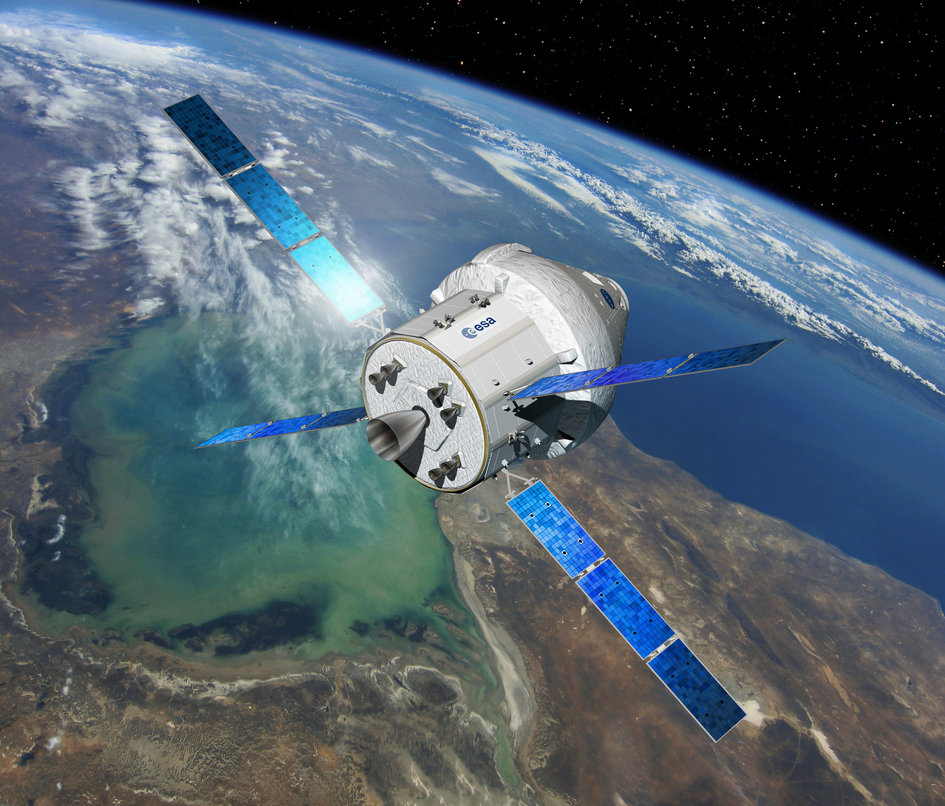
NASA's Orion spacecraft will carry astronauts further into space than ever before using a module based on Europe’s Automated Transfer Vehicles (ATV).
NASA’s Next Spaceship
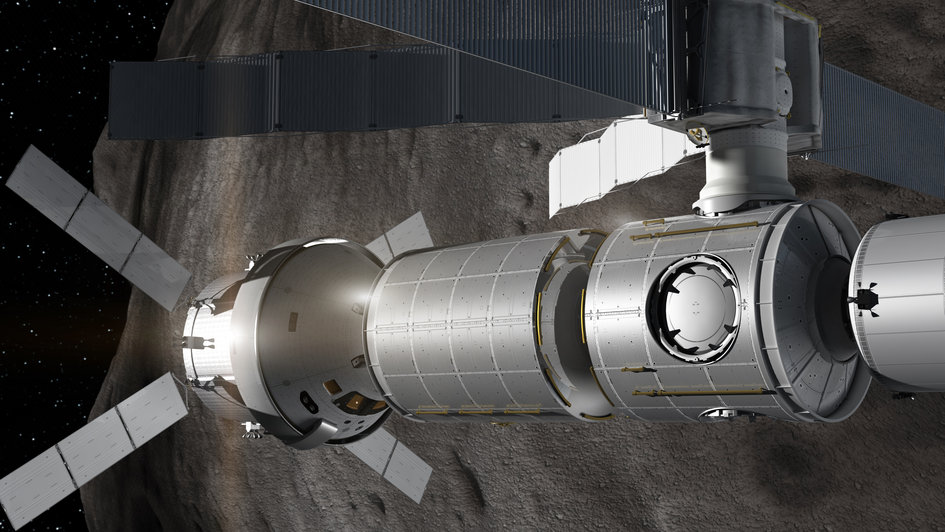
NASA’s Orion spacecraft will carry astronauts further into space than ever before using a module based on Europe’s Automated Transfer Vehicles (ATV). ATV’s distinctive four-wing solar array is recognisable in this concept. The ATV-derived service module, sitting directly below Orion’s crew capsule, will provide propulsion, power, thermal control, as well as supplying water and gas to the astronauts in the habitable module.
Stepping Into Orion Crew Module
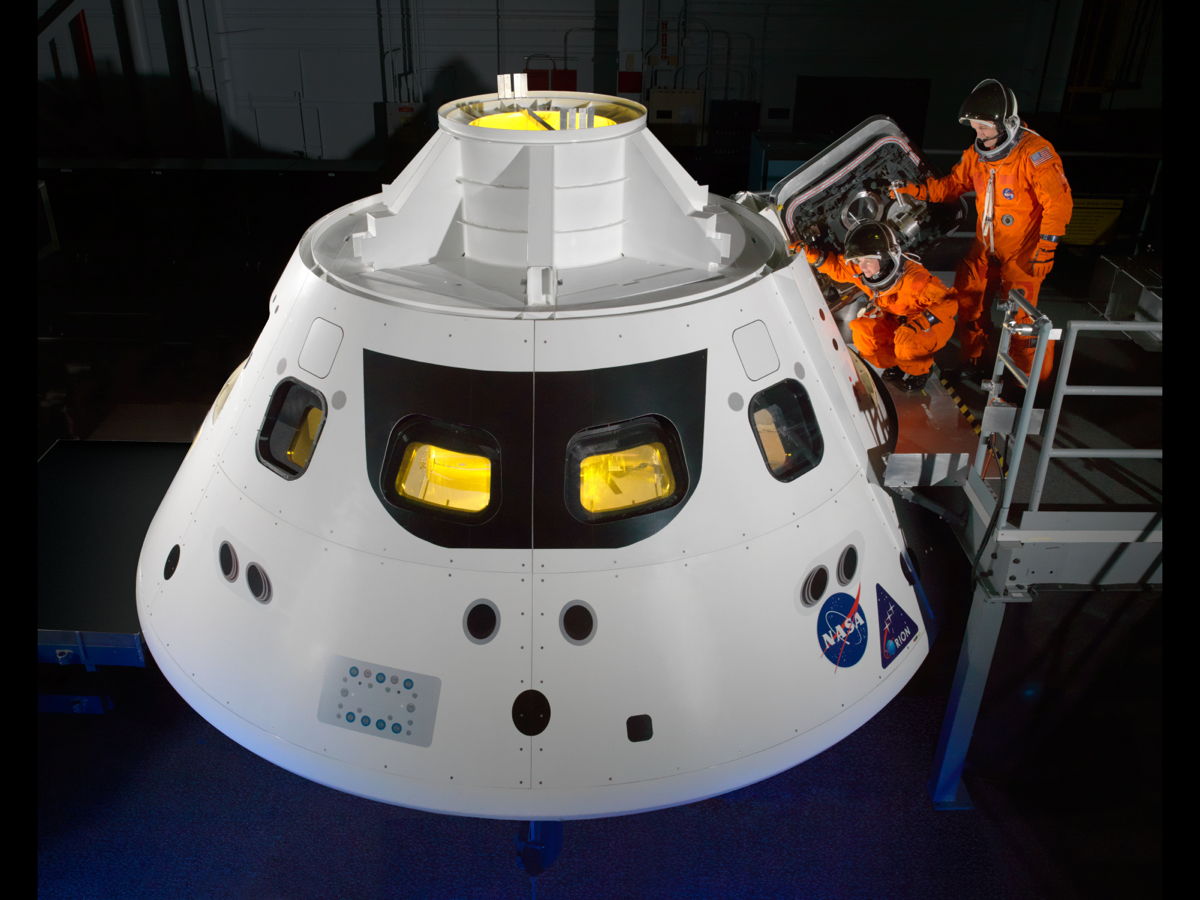
NASA astronauts Cady Coleman and Ricky Arnold step into the Orion crew module hatch during a series of spacesuit check tests conducted on June 13, 2013 at the Space Vehicle Mockup Facility at the agency's Johnson Space Center in Houston. The Orion crew module will serve as both transport and a home to astronauts during future long-duration missions to an asteroid, Mars and other destinations throughout our solar system.
Orion MPCV with Service Module
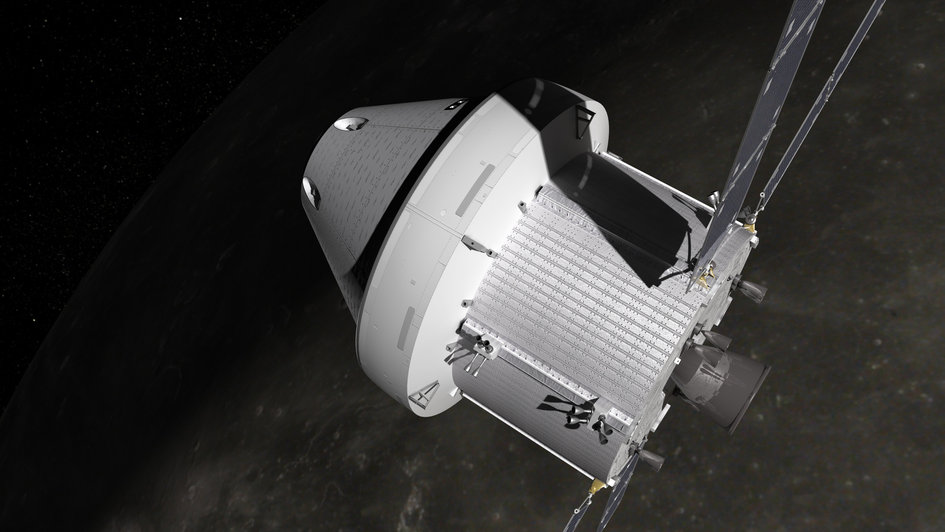
NASA’s Orion spacecraft will carry astronauts further into space than ever before using a module based on Europe’s Automated Transfer Vehicles (ATV).
Orion Space Capsule in Orbit
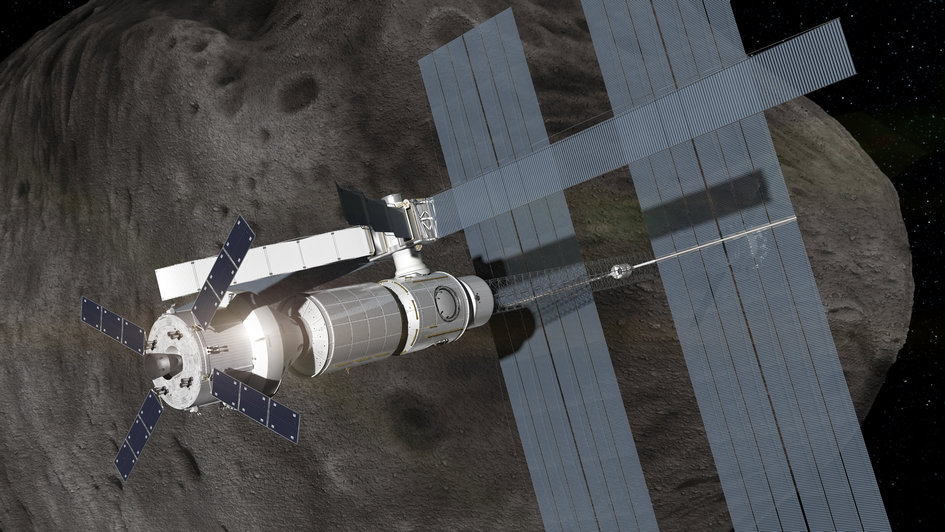
The rocket will launch astronauts into space on NASA's Orion Multi-Purpose Crew Vehicle, and serve as the go-to booster for U.S. missions to explore asteroids and, eventually, Mars.
Orion Space Capsule Closeup
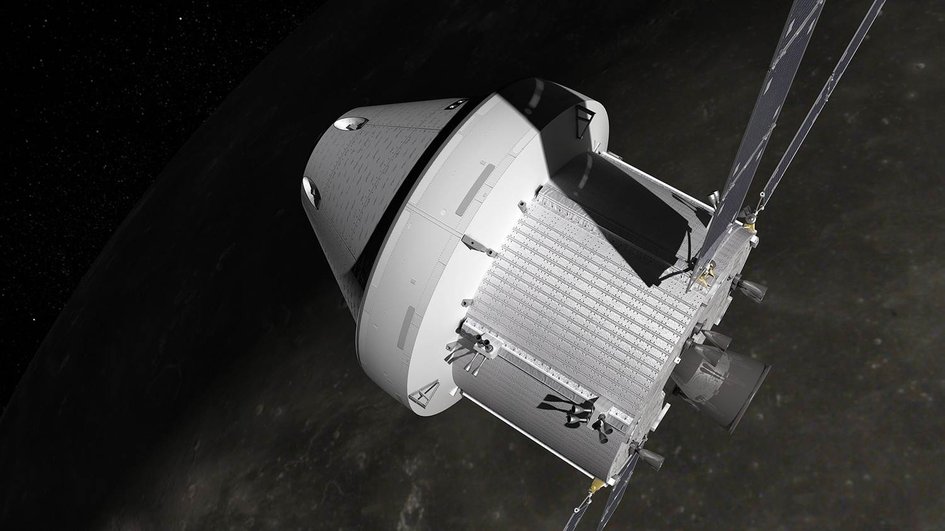
The ATV-derived service module, sitting directly below Orion’s crew capsule, will provide propulsion, power, thermal control, as well as supplying water and gas to the astronauts in the habitable module.
Proposal for MPCV-SM
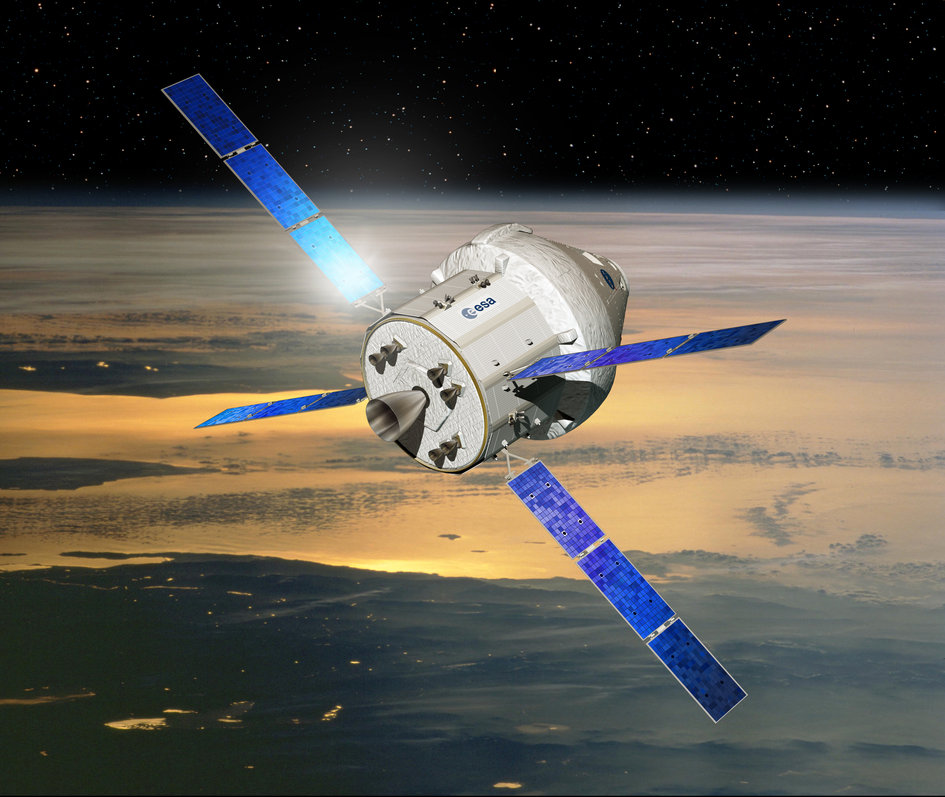
Proposal for a Multi-Purpose Crew Vehicle-Service Module (MPCV-SM). The image was released Nov. 21, 2012.
Breaking space news, the latest updates on rocket launches, skywatching events and more!
Orion Space Capsule Above Clouds
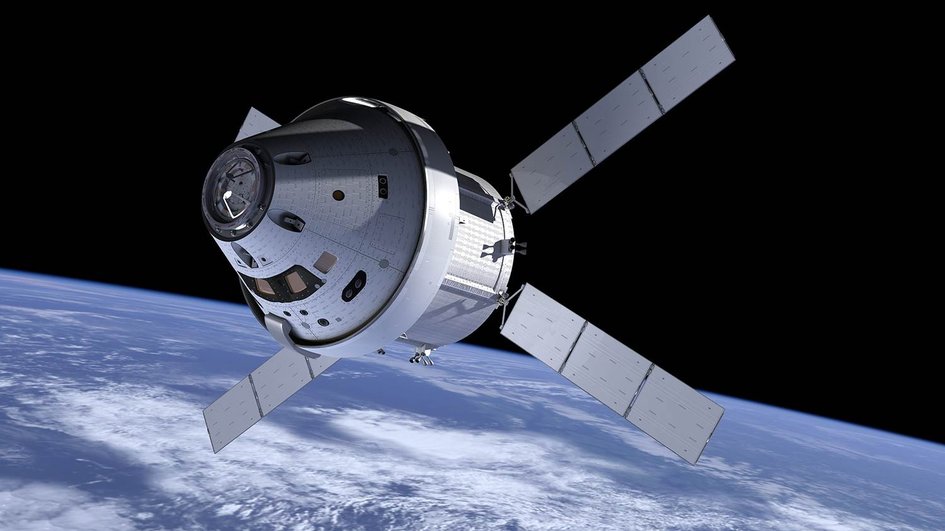
The first Orion mission will be an uncrewed lunar flyby scheduled for 2020, returning to Earth's atmosphere at 11 km/s – the fastest reentry ever.
Orion Space Capsule Solar Array
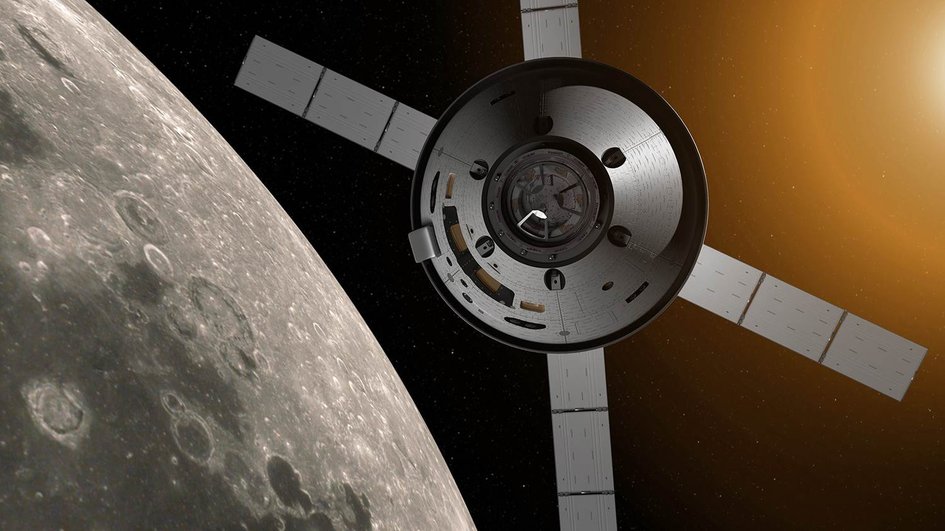
NASA’s Orion spacecraft will carry astronauts further into space than ever before using a module based on Europe’s Automated Transfer Vehicles (ATV). ATV’s distinctive four-wing solar array is recognisable in this concept. The ATV-derived service module, sitting directly below Orion’s crew capsule, will provide propulsion, power, thermal control, as well as supplying water and gas to the astronauts in the habitable module.
Orion at the VAB
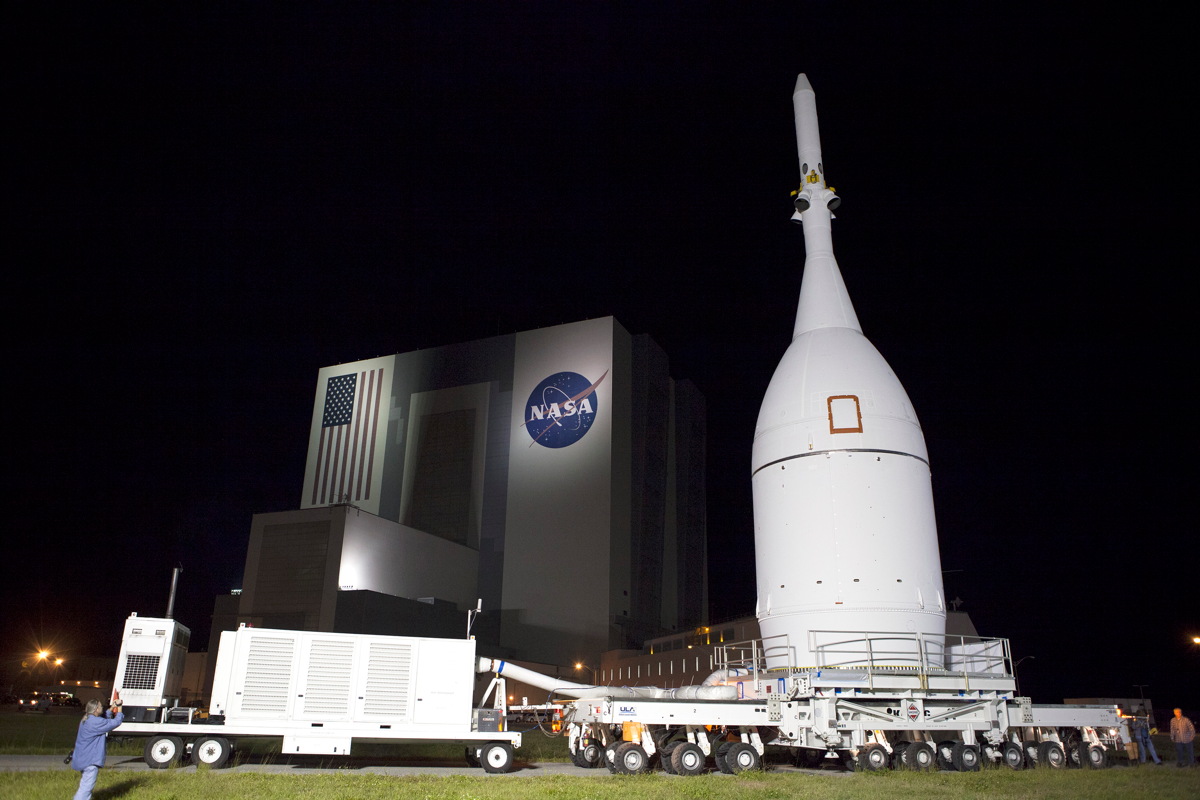
NASA's Orion spacecraft passes in front of the well-known Vehicle Assembly Building at NASA's Kennedy Space Center in Florida. Photo released Nov. 11, 2014.
Ascent Abort-2 Test
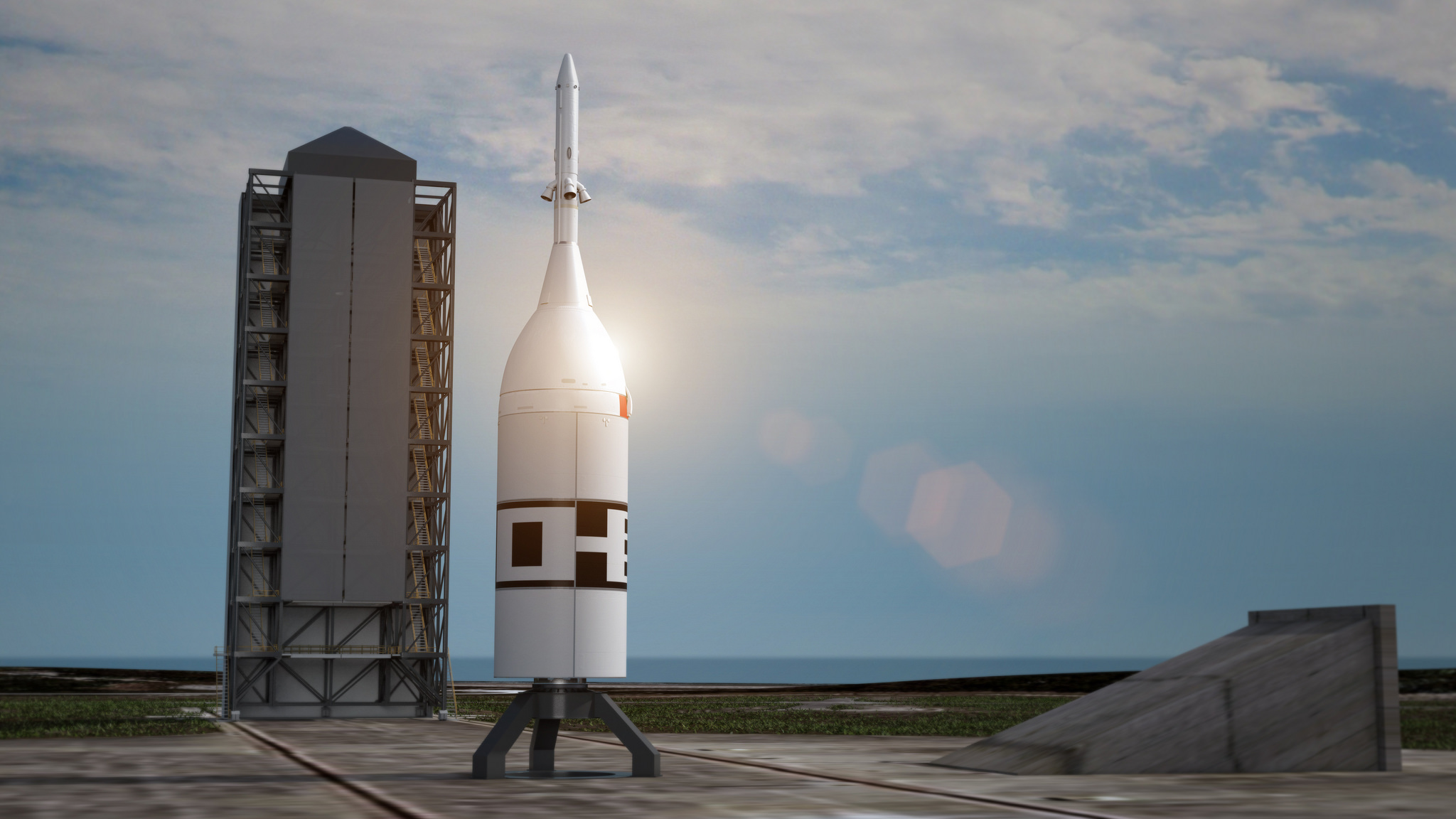
In April 2019, NASA will launch the Ascent Abort-2 test flight of the Orion space capsule. The test flight will validate the launch abort system that was created to save astronauts' lives in the event that the Space Launch System rocket experiences any problems during a launch. This screenshot from an animation of the test shows the Orion capsule on a much smaller solid rocket booster, which will only be used for testing and will not leave Earth's atmosphere. [Year to Abort: NASA Preps Orion Capsule for 2019 Ascent Abort-2 Test]
Join our Space Forums to keep talking space on the latest missions, night sky and more! And if you have a news tip, correction or comment, let us know at: community@space.com.

Space.com is the premier source of space exploration, innovation and astronomy news, chronicling (and celebrating) humanity's ongoing expansion across the final frontier. Originally founded in 1999, Space.com is, and always has been, the passion of writers and editors who are space fans and also trained journalists. Our current news team consists of Editor-in-Chief Tariq Malik; Editor Hanneke Weitering, Senior Space Writer Mike Wall; Senior Writer Meghan Bartels; Senior Writer Chelsea Gohd, Senior Writer Tereza Pultarova and Staff Writer Alexander Cox, focusing on e-commerce. Senior Producer Steve Spaleta oversees our space videos, with Diana Whitcroft as our Social Media Editor.
